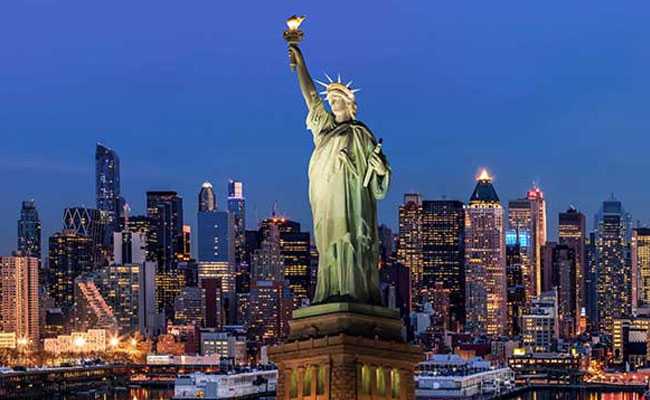
US President Donald Trump is promoting an “America first” approach, strict border policies and AI policies against intense global competition, but more than half of the top privately-held AI companies based in the US have at least one immigrant founder, an analysis by Institute for Progress says so, per a report by Axios.
An IFP analysis shows that 25 out of 42 companies in the top AI-related startups in the Forbes AI 2025 list, or 60% of the list, were founded or co-founded by immigrants.
Moreover, the founders of these companies come from 25 countries. India is leading the list with nine founders, followed by China with eight founders, then comes France with three founders. Australia, UK, Canada, Israel, Romania, and Chile have two founders each.
When it comes to OpenAI, the co-founders are Elon Musk who hails from South Africa, Ilya Sutskever, born in Canada and Databricks, whose co-founders come from Iran, Romania and China.
The analysis shows the role played by foreign born scientists and engineers to shape the US tech industry and more.
“A critical part of the historic story about U.S. AI leadership, and technological leadership in general, is that we’re able to draw on the best and brightest from around the world,” says Jeremy Neufeld director of immigration policy at IFP.
“If we’re going toe-to-toe in a competition with China, they have a much bigger population than we do. They graduate far more STEM grads these days than we do.”
According to Neufeld, the US has two major problems when it comes to recruiting and retaining high-skilled workers. First, the UK, China, Canada are more aggressively recruiting them, and second, the barriers for immigration that Trump has created.
Last year, the Trump faction found itself divided in two when Musk spoke in support of H-1B visas for high-skilled workers, as opposed to other Trump supporters who said US should focus on training their own citizens and prioritise them over foreign workers.
The National Science Board, which advises the White House and Congress on science and engineering research and education policy, has said that “foreign-born talent has been, and remains, key to U.S. strength in STEM” and that they should invest more in training domestic STEM workers.



